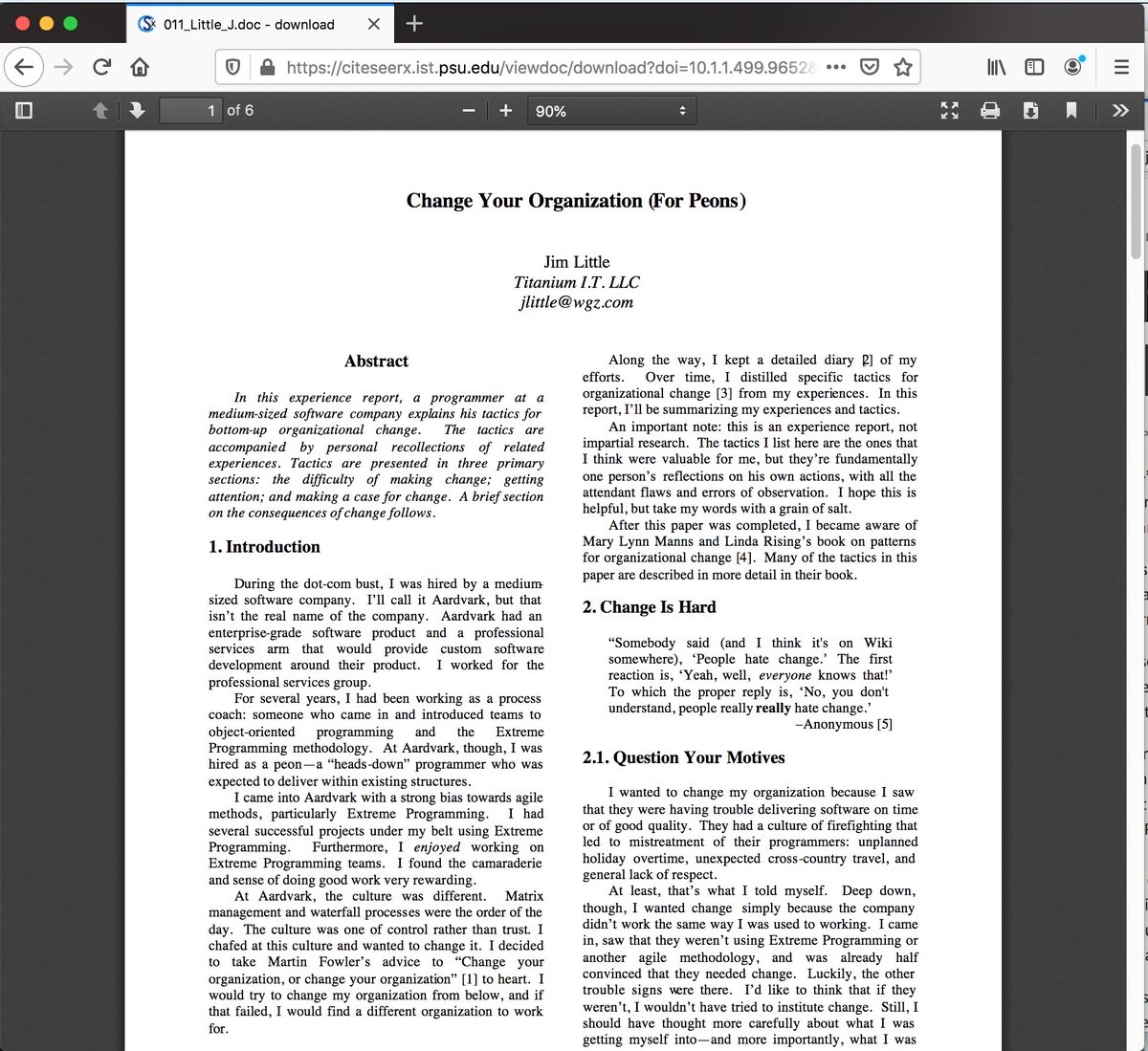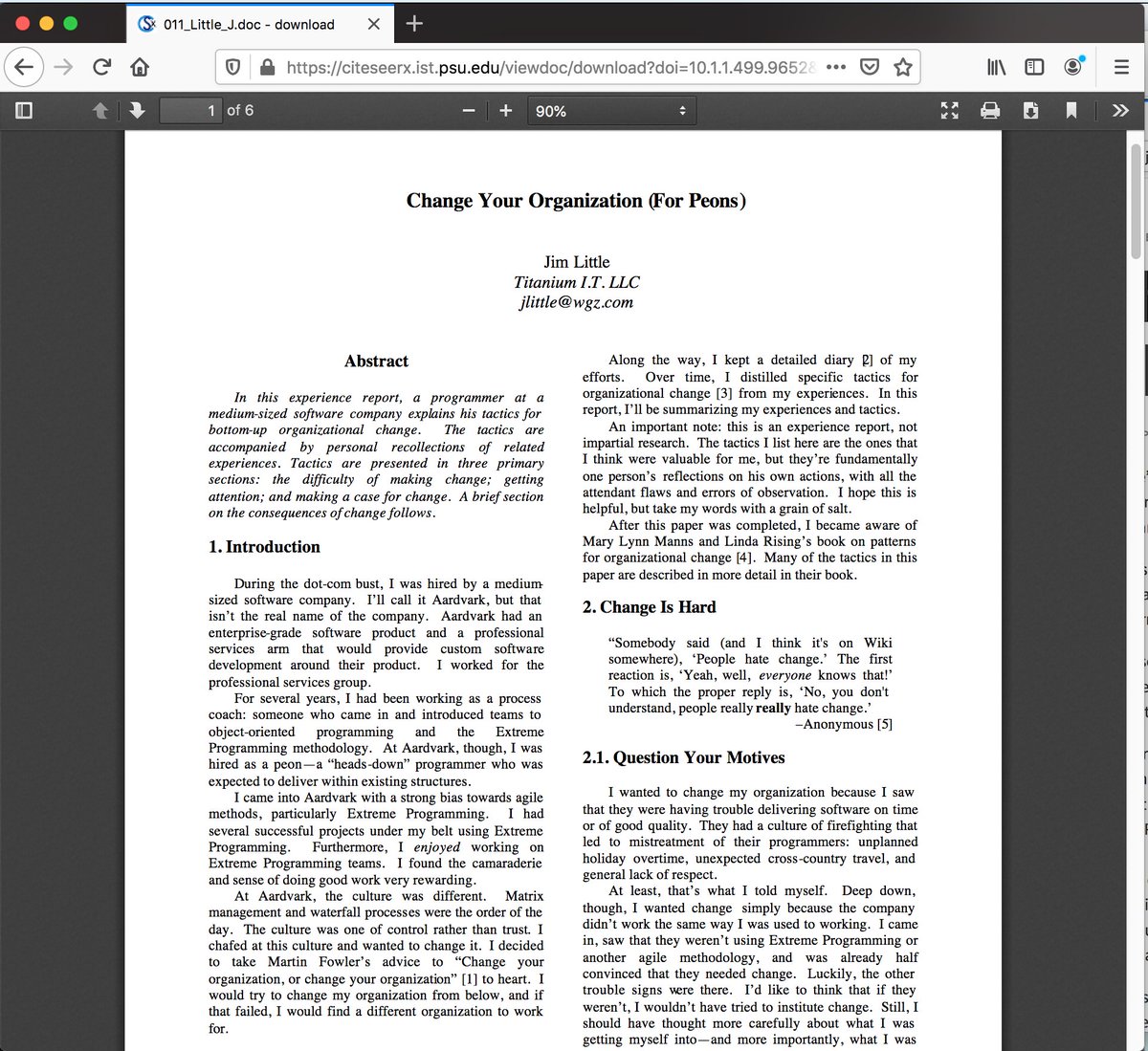
I'm in love with the "10 Keystones of Personal Development for Staff-Plus Engineers" that @Lethain listed on his new book.
🧵 Thread 🧵
🧵 Thread 🧵
1) Work on what matters: to make the most of the working hours you have, particularly as you get further along in your career and life's commitments expand.
2) Write an engineering strategy: to guide your organization's approach to supporting your company's business objectives with its architecture, technology selection, and organizational structure.
3) Curate technical quality: to maintain the quality of your company's architecture and software as it grows and tacks over time.
4) Stay aligned with authority: to remain an effective leader over time. Technical leadership roles rely on proxied authority from another (usually, managerial) leader, and continued access to that authority depends on staying aligned, trustworthy, and predictable.
5) To lead, you have to follow. Having a vivid sense of how things ought to work is a powerful leadership tool, but it's also essential to learn to blend your vision with the visions from your peers and leadership.
6) Learn to never be wrong: shift away from being right and towards understanding and communication. Stop spending your social capital repairing relationships frayed by conflict, and learn to collaborate with folks with different priorities and perspectives.
7) Create space for others so that your team grows stronger than your contribution.
8) Build a network of peers to vet difficult decisions and to give you honest feedback when your role's authority starts to temper feedback.
9) Sponsoring and Mentoring, not the other way around.
Basically this; Only mentoring without sponsoring is not enough.
At some point in your career, you have to do more than mentoring, you have to use your authority to pitch folks for opportunities on their behalf.
Basically this; Only mentoring without sponsoring is not enough.
At some point in your career, you have to do more than mentoring, you have to use your authority to pitch folks for opportunities on their behalf.
10) Be the "Glue Person" (Do the Not-Glamorous and often Not-Promotable Work that needs to happen to make the Team/Project/Org/Company/Product/Platform successful).
> "To become a senior technical leader, you must build a deep perspective on technology and architecture. To operate as such a leader, you must then develop an equally deep pragmatism and agnosticism to technical religion to remain skeptical of yourself. "
• • •
Missing some Tweet in this thread? You can try to
force a refresh








